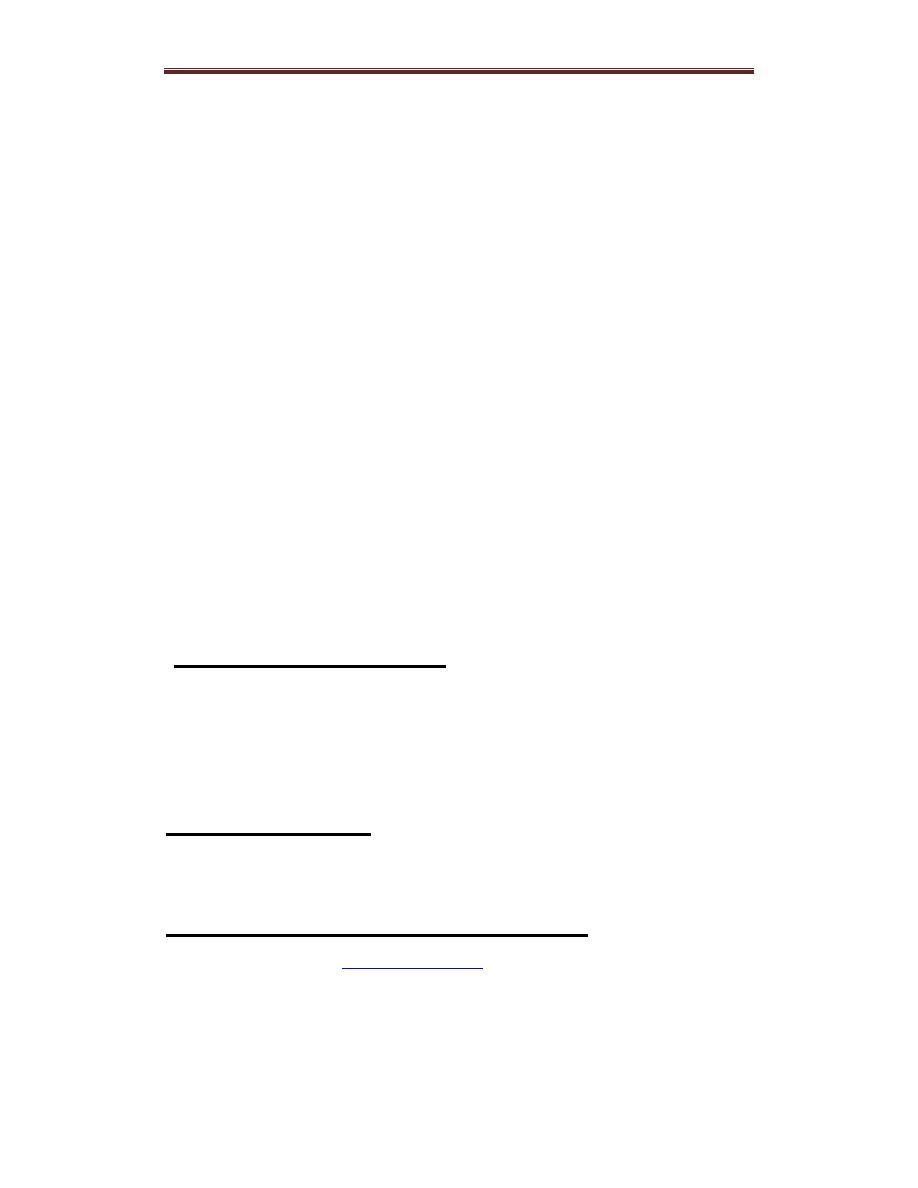
Dr. Zainab F. Hassan Lecture Three
1
Hypertension
Hypertension
:
is a sustained elevation of the systemic
arterial pressure. it is meant mean arterial pressure is
greater than the upper range of the normal measure.A
mean arterial pressure greater than 110 mm Hg (normal
is about 90 mm Hg)is considered to be hypertensive.
Causes of hypertension :
There are two types of HT :
A-Essential HT: occur In about 90-95% of patients , the cause
is unknown. It has a strong hereditary tendency.
B
.Secondary HT: the cause is known .It is classified to
1-renal causes: (e.g) polycystic kidney, renal artery
stenosis .
2- Endocrine causes: (e.g) cushing´s syndrome.
3-Others: like coarectation of aorta, drugs like
corticosteroids. Emotion increases the cardiac output and
peripheral resistance, and about 20% of hypertensive
patients have blood pressures that are higher in the
doctor's office than at home, ("white coat
hypertension").
Volume loading HT: means hypertension caused by
excess accumulation of extracellular fluid in the body.
Some types of HT caused by (combination of volume
loading and vasoconstriction) as in coarctation of aorta

Dr. Zainab F. Hassan Lecture Three
2
which cause reduction in renal blood flow so stimulate
rennin angiotensin system.
Main Complication of hypertension:
1.on the heart leads to heart failure or coronary heart
disease,
2.Rapture of blood vessels in the brain which leads to
Cerebral stroke.
3.Effect on kidney cause renal failure.
Heart failure: means simply failure of the heart to pump
enough blood to satisfy the needs of the body. The
failure may involve primarily the right ventricle
(corpulmonale), but much more commonly it involves
the left ventricle or both ventricles.
Pathogenesis :HF can be caused from:
-Coronary artery disease: ifblood clot block blood flow
to an area of the heart muscle cause weakening the
heart's pumping ability and often leaving permanent
damages.
- Cardiomyopathy: Damage to the heart muscle from
infections or alcohol or drug abuse and others.
-Conditions that overwork the heart: including high
blood pressure,
valve disease
, thyroid disease, kidney
disease, diabetes, or congenital heart disease. heart has to
work harder than it should to circulate blood throughout
your body. Over time, the heart muscle may become

Dr. Zainab F. Hassan Lecture Three
3
thicker to compensate for the extra work it must perform.
Eventually, heart muscle may become weak to
effectively pump blood.
If a heart suddenly becomes severely damaged, such as
by myocardial infarction, the pumping ability of the heart
is immediately depressed. As a result, two main effects
occur: (1) reduced cardiac output and (2) damming of
blood in the veins, resulting in increased venous
pressure. When the cardiac output falls which cause
reduction of arterial blood pressure so stimulation of
baroreceptorreflex, which is activated by diminished
arterial pressure, also the chemoreceptor reflex, the
central nervous system ischemic response, then
stimulation of rennin-angiotensin system so increase salt
and water retention .Sever fluid retention cause oedema
formation in the lung and peripheral tissue in the body.
Sign and symptom of HF:
shortness of breath
frequent coughing, especially when lying down
feet, ankles, and legs oedema
abdominal ascitis and pain
fatigue
dizziness or fainting
sudden death
When body tissues, such as organs and muscles, do not
receive enough oxygen and nutrients they cannot
function as well, leading to tiredness and dizziness

Dr. Zainab F. Hassan Lecture Three
4
Left sided heart failure: failure of left ventricle causes
increased pulmonary venous pressure, pulmonary venous
distention and transudation of fluid into air spaces
leading to pulmonary congestion. A person with left-
sided heart failure may have shortness of breath and
coughing caused by the fluid buildup in the lungs.
Pulmonary edema may cause the person to
cough
mucous contains blood.
Right sided heart failure: failure of right ventricle
causes increased venous pressure, increased fluid
transudation so ankle and sacral oedema, ascitis and
hepatomegaly because increased venous pressure causes
increased resistance to portal flow.
